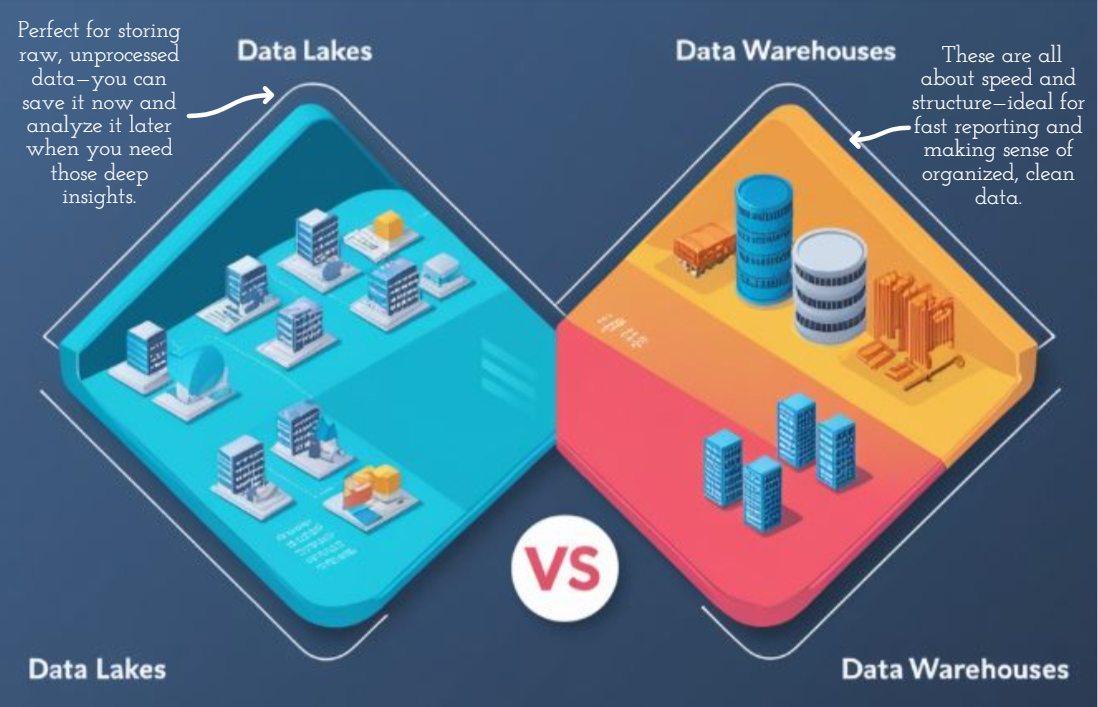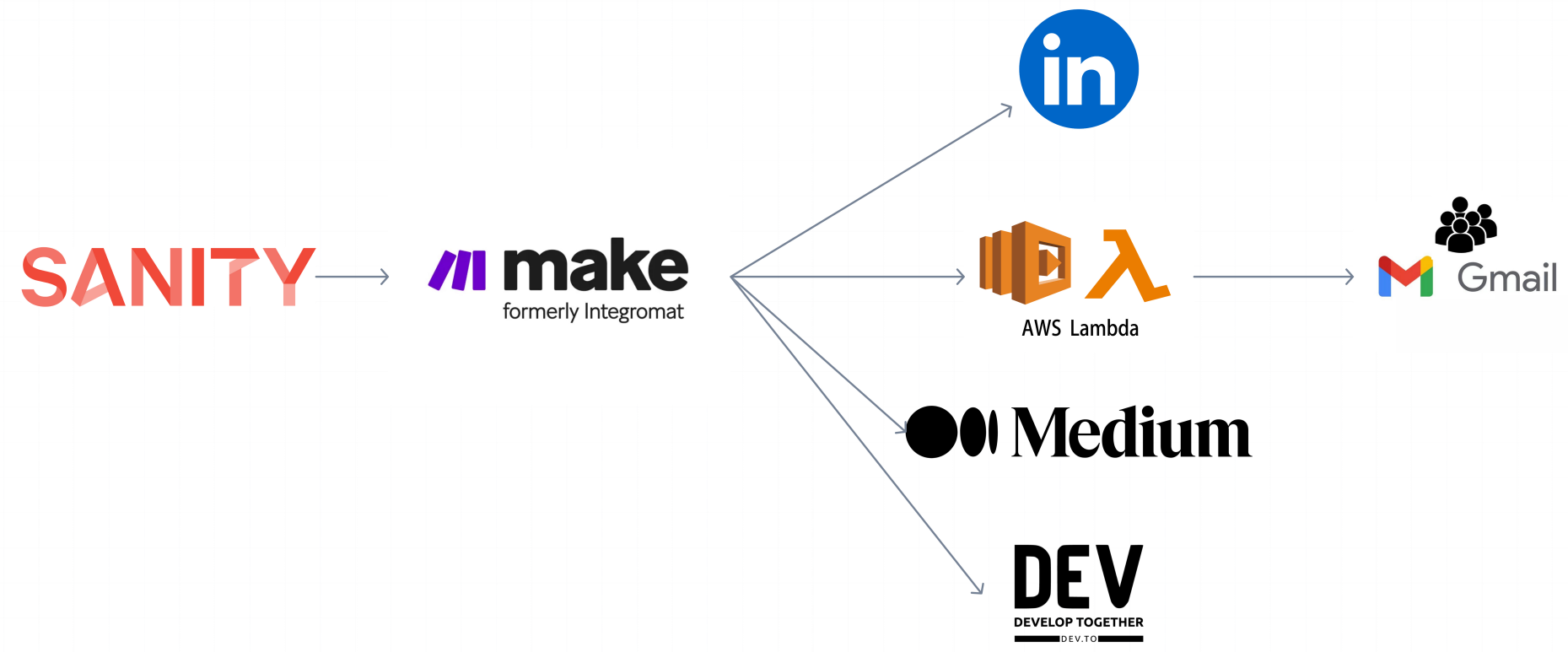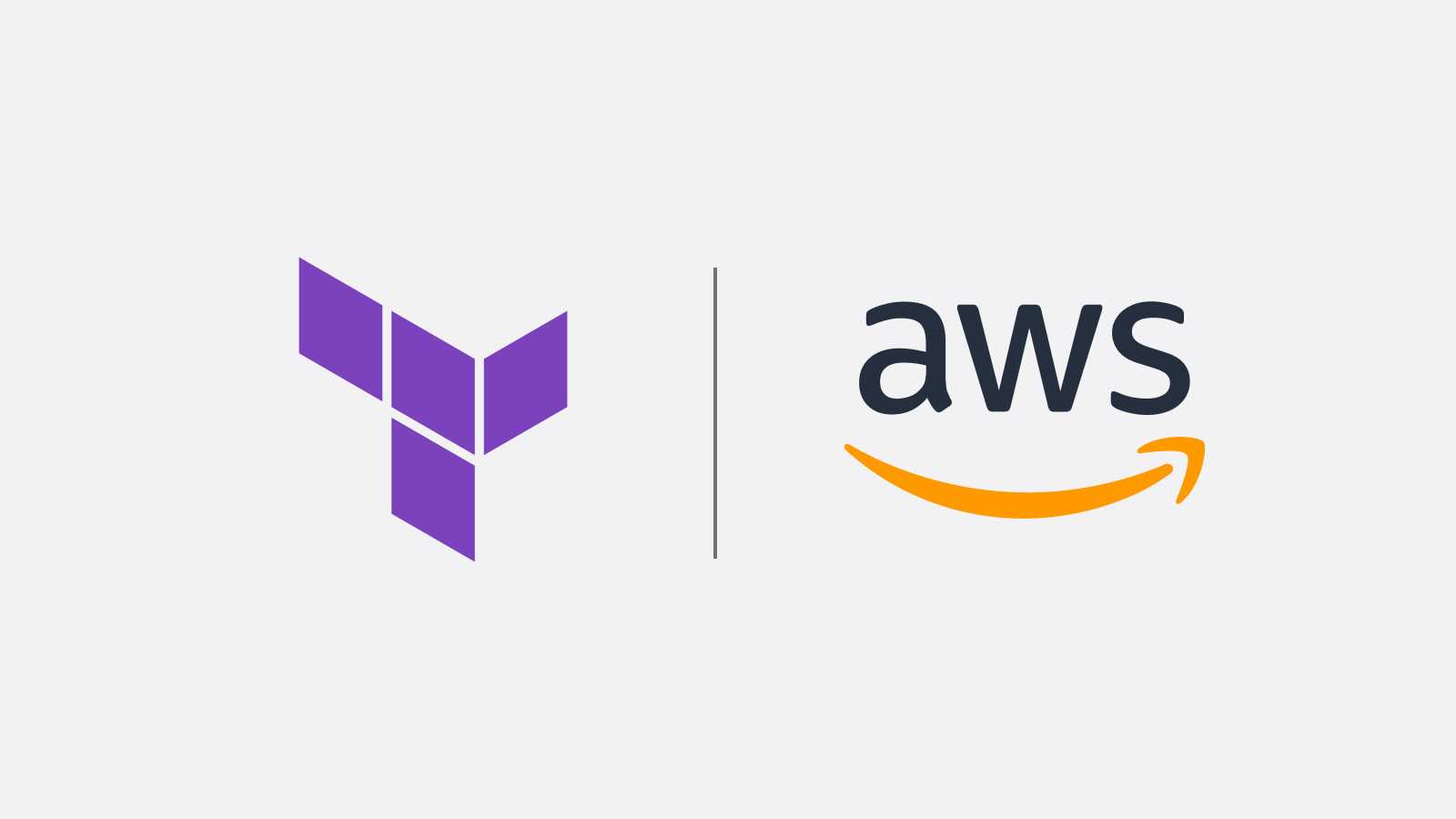Docker and Kubernetes—two powerful tools in the tech industry that are reshaping how we build, scale, and operate software. Docker introduces the power of containerization, bundling your applications and all their dependencies into portable, consistent units that perform flawlessly across any environment. Meanwhile, Kubernetes takes on the role of an orchestration maestro, expertly managing and scaling these containers across clusters with remarkable precision.
In this article, we’ll explore the similarities and differences between Docker and Kubernetes, its capabilities, features.
We will cover:
1. What is Docker?
2. What is Kubernetes?
3. Docker vs Kubernetes: Similarities
4. Docker vs Kubernetes: Differences
5. When to use Docker or Kubernetes?
What is Docker?
Docker is a platform that lets you create, test and deploy applications. It uses containers to package everything needed to run the software, including libraries, system tools, code, and runtime. With Docker, you can quickly scale and deploy applications in any environment, ensuring consistent code execution.
Features:
- Containerization: Docker containers encapsulate an application and its dependencies in one package.
- Isolation: Each Docker container is separated from the others, ensuring security due to applications in different containers don't interfere with each other.
- Portability: Containers can be easily moved across different environments without needing changes to the code or the environment. This is useful in microservices architectures, where different components of an application might run in different environments.
- Version Control: Docker images (the blueprint for creating containers) can be versioned, allowing developers to track changes, roll back to previous versions, or share images with others.
- Docker Hub: Docker Hub is a cloud-based registry service that allows you to find and share container images. It offers a vast library of pre-configured applications, enabling developers to quickly pull and use images created by others.
What is Kubernetes?
Kubernetes is a container orchestration platform for automating deployments, scaling, and management of containerized applications. It helps manage large-scale, distributed systems by organizing applications into containers, which are lightweight, portable, and isolated units that include everything needed to run a piece of software.
Features:
- Automatic Bin Packing: Efficiently schedules containers based on resource requirements and constraints.
- Self-Healing: Automatically restarts or replaces containers that fail or are unresponsive.
- Horizontal Scaling: Easily scales applications up or down based on demand.
- Service Discovery and Load Balancing: Automatically assigns IP addresses and DNS names to containers, along with distributing traffic evenly among them.
- Storage Orchestration: Automatically mounts the storage system of your choice, whether it's local storage, a public cloud provider, or a network storage system.
Docker vs Kubernetes: Similarities
- Containerization: Both Docker and Kubernetes revolve around containers. Docker provides the tools to create, manage, and run containers, while Kubernetes orchestrates and manages those containers across a cluster of machines.
- Portability: Containers, whether managed by Docker or Kubernetes, encapsulate applications and their dependencies, making them portable across different environments.
- Isolation: Both platforms ensure that applications run in isolated environments. Docker containers provide isolation at the application level, while Kubernetes extends this isolation across clusters, ensuring that applications don't interfere with each other even in a distributed setup.
- Microservices Architecture: Docker and Kubernetes both support microservices, where an application is broken down into smaller, independent services. Docker packages these services into containers, and Kubernetes manages their deployment, scaling, and networking.
- Open-Source: Both Docker and Kubernetes are open-source projects. Docker's container technology and Kubernetes' orchestration capabilities have large communities and ecosystems that contribute to their development and provide a wide range of tools, extensions, and plugins.
- DevOps Integration: Docker and Kubernetes are integral to DevOps practices. Docker simplifies the continuous integration/continuous deployment (CI/CD) pipeline by ensuring that applications behave the same way across different environments. Kubernetes automates deployment, scaling, and management of containerized applications, making it easier to maintain and update applications in production.
- Scalability: Docker allows you to run multiple containers on a single host, and Kubernetes takes this further by managing and scaling containers across multiple hosts. Both platforms enable applications to scale horizontally (adding more instances) based on demand.
Docker vs Kubernetes: Differences
- Orchestration
Docker: Docker Swarm available for orchestration, but less powerful and feature-rich compared to Kubernetes.
Kubernetes: Specifically designed for orchestration, providing advanced features for automating deployment, scaling, and operation of application containers across a cluster.
- Self-Healing
Docker: Does not provide self-healing capabilities; requires manual restart of failed containers.
Kubernetes:Offers self-healing by automatically restarting failed containers, replacing and rescheduling them when nodes fail, and killing containers that don’t pass health checks.
- Deployment Complexity
Docker: Easier to start with, ideal for development and running containers on a single machine. Docker Compose simplifies managing multi-container applications on one node.
Kubernetes:More complex to set up and manage, especially in a multi-node environment; requires deeper understanding of architecture and components.
- Scope
Docker: Focuses on containerization, managing containers on a single node.
Kubernetes:Orchestrates containers across a distributed cluster, handling scheduling, load balancing, scaling, and self-healing.
- Use Cases
Docker: Ideal for local development, testing, and running isolated applications or microservices on a single node.
Kubernetes:Best suited for managing complex, distributed applications that require scalability, resilience, and high availability across multiple nodes.
- Component Structure
Docker: Includes Docker Engine, Docker CLI, Docker Compose, and Docker Hub.
Kubernetes:Includes Master Node (API server, scheduler, controller manager) and Worker Nodes (kubelet, kube-proxy, container runtime). Also includes objects like Pods, Services, Deployments, and Namespaces.
- Community and Ecosystem
Docker: Large ecosystem of tools and a vast repository of pre-built images on Docker Hub. Docker Swarm is available but less popular.
Kubernetes: Rapidly growing ecosystem, widely supported by cloud providers (AWS, GCP, Azure) and tools; includes Helm (package management), Istio (service mesh), and Prometheus (monitoring).
- Container Management
Docker: Manages containers at an individual level; Docker Compose for multi-container applications on a single node.
Kubernetes: Manages containers at scale, orchestrating them across multiple nodes; groups containers into Pods and provides advanced features like service discovery, load balancing, and automated rollouts/rollbacks.
- Purpose
Docker: Platform for developing, packaging, and running applications in containers on a single node.
Kubernetes: Orchestration platform for managing, scaling, and deploying containerized applications across a cluster of nodes.
- Persistent Storage
Docker: Provides volume management for persistent storage, but managing storage across multiple nodes is more challenging.
Kubernetes: Offers a more robust persistent storage solution managed across multiple nodes, supporting various storage backends (e.g., AWS EBS, GCE Persistent Disks, NFS).
- Scaling
Docker: Scaling handled at the container level; Docker Compose can scale services but limited to a single host or node.
Kubernetes: Provides built-in mechanisms for scaling containers across a cluster; can automatically scale applications based on demand (horizontal pod autoscaling).
- Networking
Docker: Uses a simpler networking model; containers on the same host can communicate through a common bridge network.
Kubernetes: Provides a more complex and robust networking model; supports multi-node networking with service discovery and load balancing across containers on different nodes.
When to use Docker or Kubernetes?
The choice will depend on your specific needs and the scale of your project, you can work with both to get the most out of it but you can also use it individually taking into account the following:
- Docker: Ideal for smaller and simpler projects. It allows you to create and manage applications in containers easily, simplifying the packaging and distribution of your software.
- Kubernetes: Suitable for larger and more complex projects. It provides advanced tools for managing multiple containers, scaling applications, and ensuring their availability and performance.
Examples:
- Docker: A developer is working on a new feature that requires different software versions than those in the current development environment. By using Docker, they can create a container with the specific versions needed, ensuring compatibility and testing the feature without disrupting the main development setup.
- Kubernetes: A system administrator manages a large-scale e-commerce platform. Kubernetes handles automatic scaling based on user traffic and recovers from server failures to ensure the platform remains available.
- Docker and Kubernetes: A development team is building a complex web application with multiple microservices. They use Docker to create and test each microservice in isolation, ensuring consistency across different environments. Once the microservices are ready, they deploy them to a Kubernetes cluster, which manages the orchestration, scaling, and load balancing of these services to ensure high availability and optimal performance in production.
Conclusion
Docker and Kubernetes are pivotal tools in modern application development and management. Docker simplifies container creation and management, offering portability and consistency across various environments. Meanwhile, Kubernetes provides a robust solution for orchestrating containers at scale, handling deployment, scaling, and recovery for distributed applications.
The choice between Docker and Kubernetes will depend on the complexity and scope of your projects, but often, using them together can maximize the efficiency and flexibility of your applications.
References
Docker vs. Kubernetes: Tools Comparison
Kubernetes vs Docker ¿por qué todo el mundo habla de ellos? - OpenSistemas




